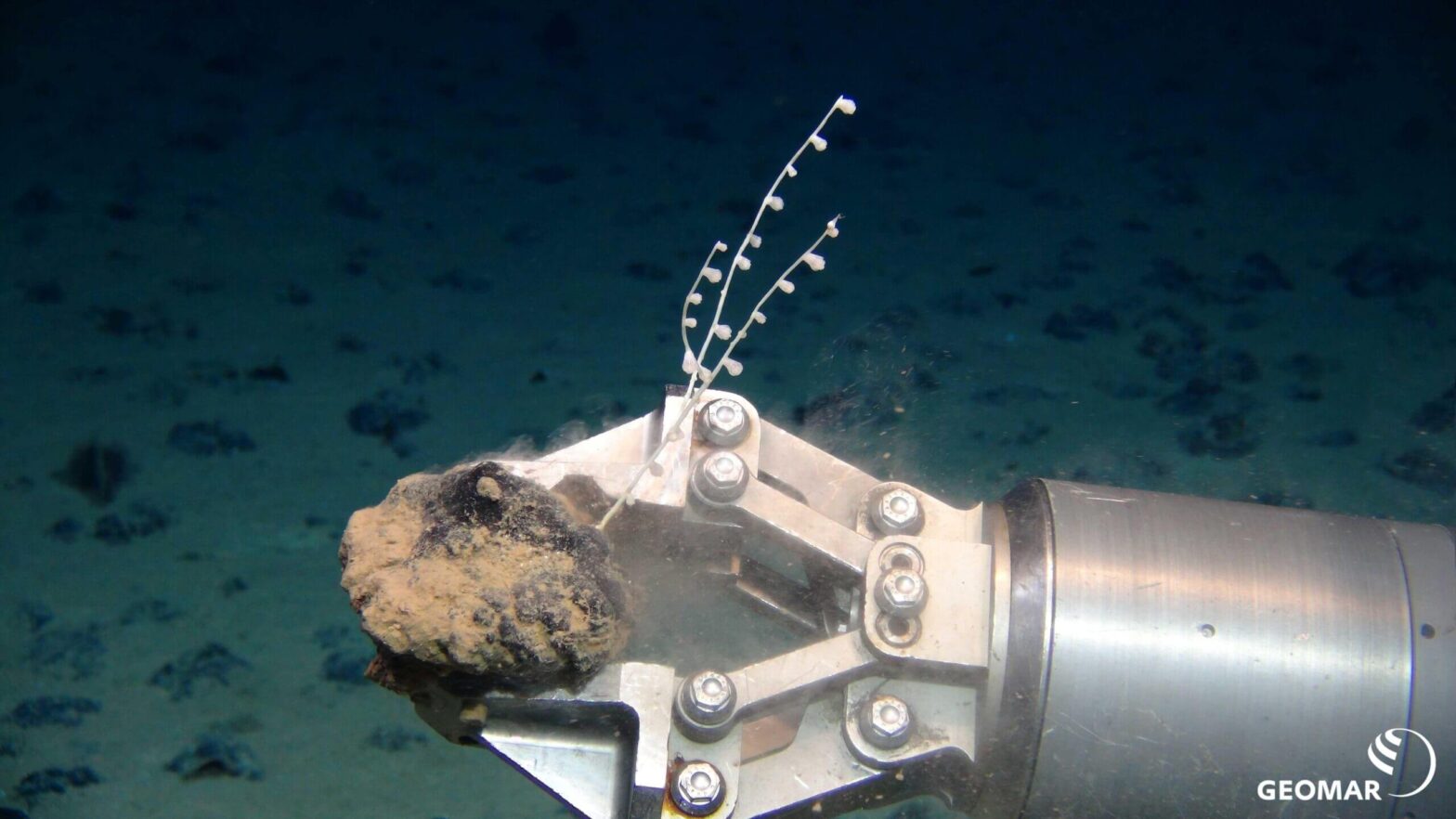Scientists warn: Noise from deep-sea mining would threaten whales
A research paper recently published in Frontiers in Marine Science (Thompson, K.F., et al.) sheds light on the threats that deep-sea mining would inflict on large marine species such as whales and sharks.
While assessments of mining impacts for obvious reasons so far have focused on species living on or in the seabed itself, the new study adds that deep-sea mining, and in particular its noise emissions could cause severe damage and ill health to the sensitive, intelligent cetaceans.
In 2021, OceanCare published an analysis of the consequences of noise resulting from the potential commercialisation of deep-sea mining, which was kind of the first time this form of marine pollution was put in the spotlight of concern in the context of deep-sea mining activities. Within the Report «Deep-Sea Mining: A Noisy Affair», OceanCare provided clear recommendations to decision-makers. We stay committed to promote a moratorium on deep-sea mining and prevent licenses to be granted.
The research by Thompson et al. focused on the Clarion-Clipperton Zone between Mexico and Hawaii, which is home to 25 cetacean species. So far, already 17 exploratory deep sea mining contracts have been granted in this part of the Pacific Ocean. Deep-sea mining companies aim for copper, cobalt, nickel and manganese in the seabed, as well as rare earth elements, gold and silver.
Though deep-sea mining companies have not yet received permission to start mining commercially, they are asking governments for the green light for the first time this July. Scientists warn that machines could operate 24-hours a day, producing sounds at varying depths that would overlap with the frequencies cetaceans use to communicate.
Learn more: https://www.oceancare.org/en/marine-conservation/deep-sea-mining/
